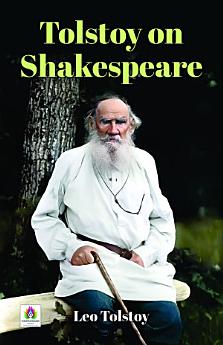Tolstoy on Shakespeare
About this ebook
In this incisive analysis, Tolstoy critiques Shakespeare’s plays, dissecting their themes, character development, and moral implications. He argues that true art should serve a moral purpose and contribute positively to the human experience. Through this perspective, Tolstoy delves into Shakespeare’s characters and narratives, questioning their alignment with his ethical standards and their ability to elevate the human spirit.
Tolstoy’s examination extends beyond mere literary criticism; it fosters deeper discussions regarding the nature of art, the role of the artist in society, and the impact of theatrical performances on the audience. He advocates for literature that communicates truth and fosters understanding, steering away from works that, in his view, glamorize vice or moral ambiguity.
This critical assessment not only showcases Tolstoy's unique voice and insight but also provides readers with an opportunity to re-evaluate Shakespeare's works from a different perspective. It serves as a bridge between high art and ethical considerations, prompting discussions about the responsibilities of authors and the potential influence of literature on society.
Ultimately, Tolstoy on Shakespeare is a significant contribution to literary criticism, revealing Tolstoy’s passion for art intertwined with his moral philosophy. It remains a thought-provoking read for those interested in the intersections of literature, ethics, and cultural commentary, as well as for admirers of both Tolstoy and Shakespeare.






